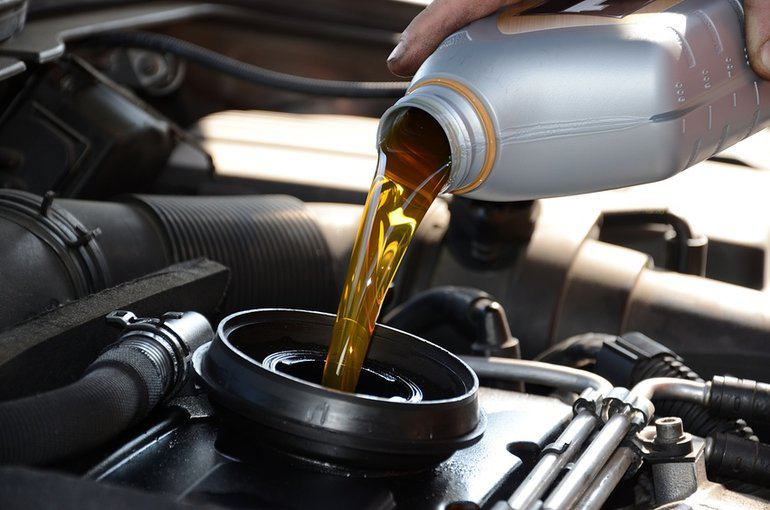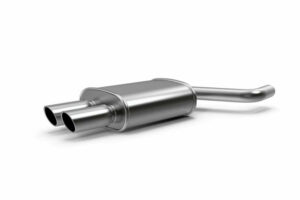Oil Change Myths Debunked: Intervals, Synthetic vs. Conventional, and Driving Habits

The engine of a car depends on motor oil. It maintains the lubrication and smooth operation of all the different parts. Your car wouldn’t run if it ran out of oil because your engine would seize. In light of this, there are a few widespread misconceptions regarding motor oil, specifically oil change interval and other relative issues.
Changing oil is a must when you reach 3,000 miles or three months of continuous driving
When we buy our first car, many of us are instructed to replace the oil every three months or once reached certain miles without fail. If you didn’t, the engine would be harmed or the car’s performance would be hampered by the oil filling with sludge. When you took your car to the neighborhood shop for an oil change and departed with a sticker on the windshield indicating that your next oil change is required in three months or three thousand miles, this fallacy was further supported. Although this general guideline may have been helpful decades ago, the majority of the time it is no longer applicable. The majority of new cars even have oil-life indicators that let you know when it’s due for oil change.
Switching to and from conventional and synthetic motor oil is prohibited
The idea that you can’t alternate between conventional and synthetic oil for fear of ruining your engine is another prevalent myth about motor oil. This myth is just untrue. You are always free to switch back and forth. Synthetic blends are actually just a combination of traditional and synthetic oils.
Driving habits can affect the frequency of oil change
While it’s true that driving habit can influence the frequency of changing motor oil, it is not the same to all drivers though. Those cars driven at a short distance, say less than 15 minutes at a time won’t let the engine reach the required operating temperature. It can lead to oil degrading faster than usual as it prevents condensation from burning of. Driving style that causes stress on the engine can also lead to too much oil consumption such as high-speed driving and aggressive driving.




